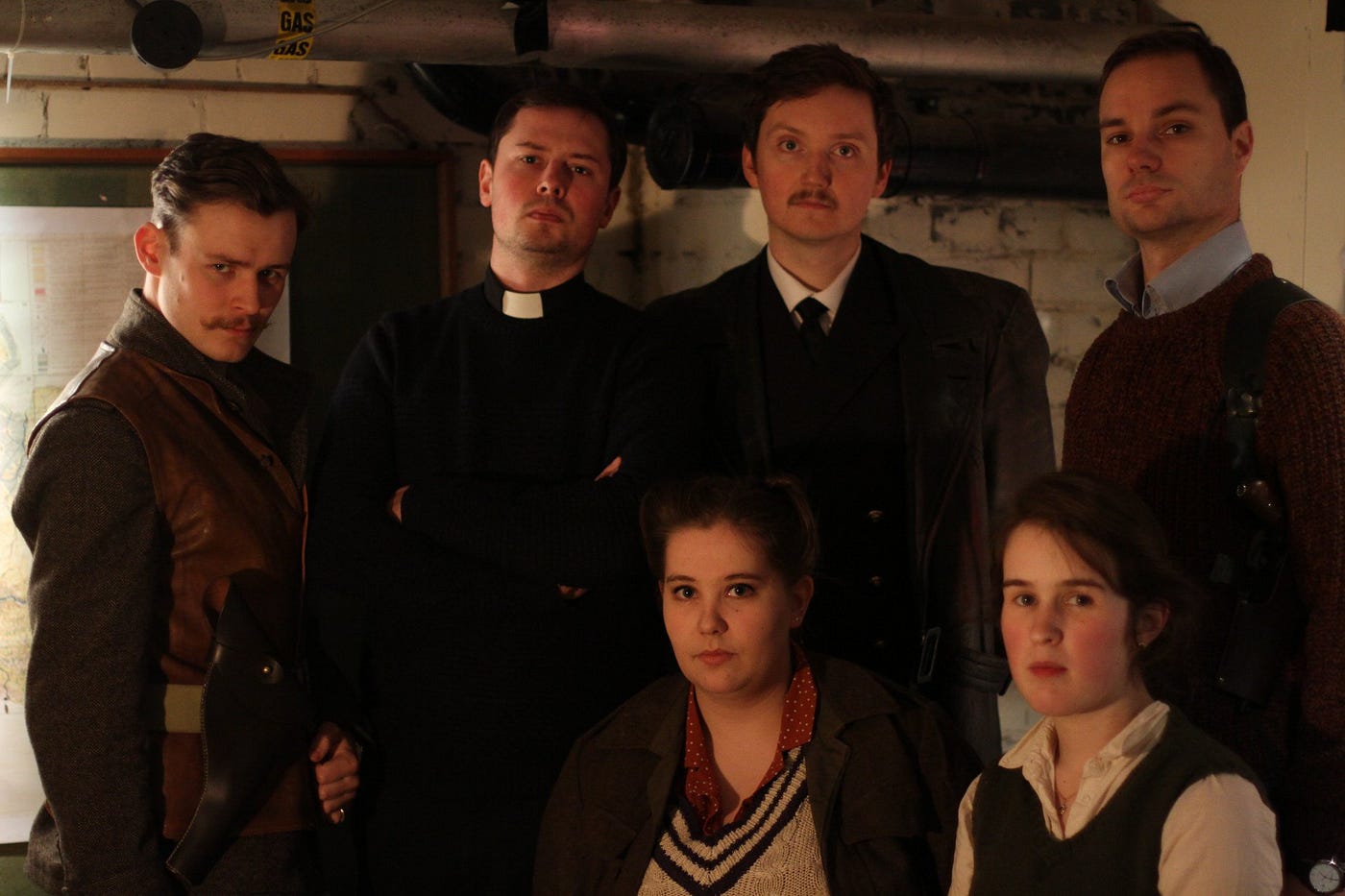
An interview with one of the creators behind ‘For King and Country’ and ‘For King and Country: D-Day’
Earlier this year immersive theatre company Parabolic Theatre staged their hit show For King and Country, a World War II-themed experience which we called a “must see for an interactive theatre lover” in our review. Now they’re back with a sequel set four years after the events of the previous show in For King and Country: D-Day.
In the original, audiences attempted to prevent Britain falling to a Nazi invasion; now, audiences can be a part of the liberation of the UK from German occupation, as part of the British forces working behind enemy lines. The company is currently running a series of test shows.
We caught up with Owen Kingston, Artistic Director of Parabolic Theatre, in the midst of their preview run and asked him our Immersive 5.
This interview has been lightly edited for clarity.
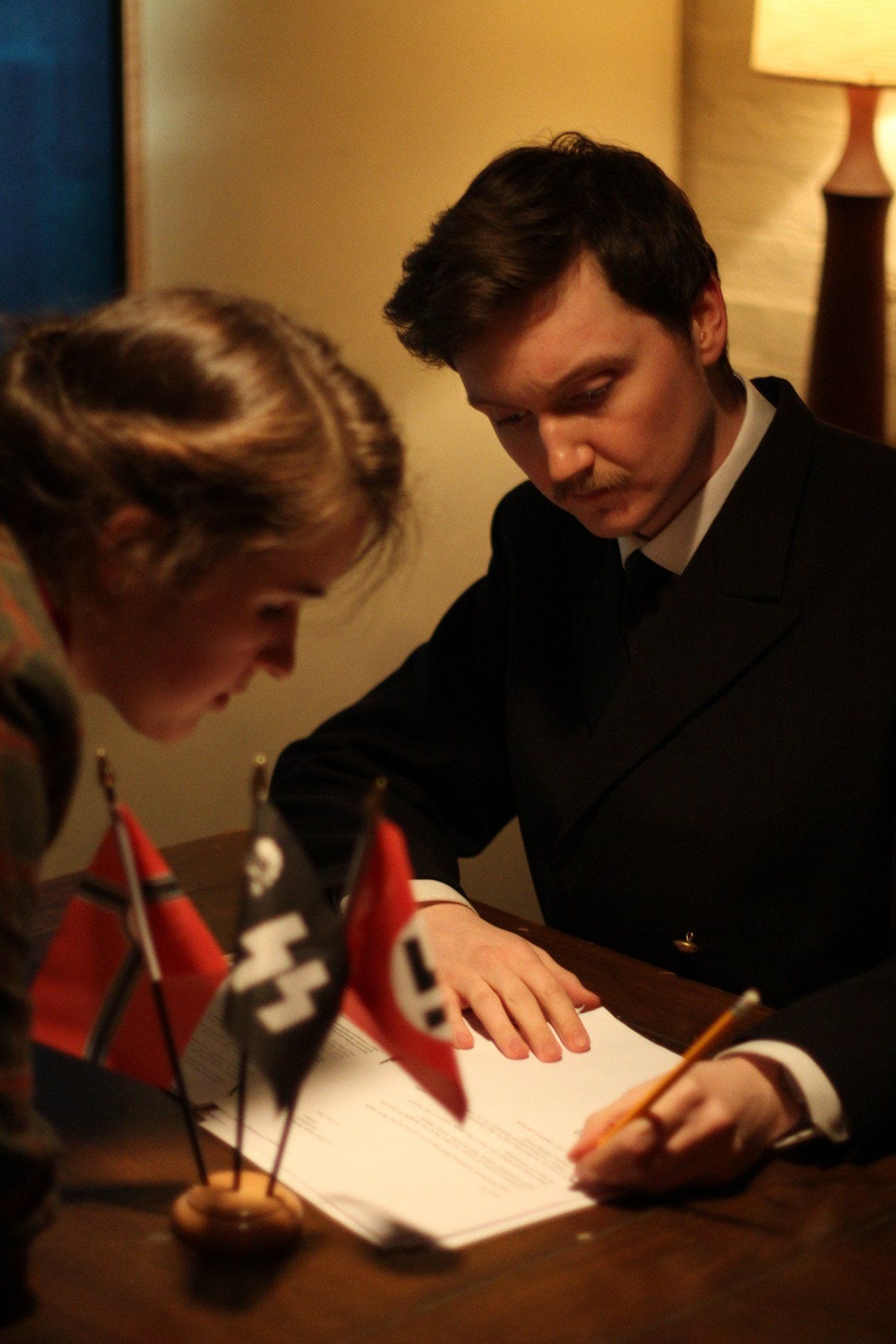
No Proscenium (NP): What does “immersive” mean to you?
Owen Kingston (OK): When I see something advertised as “immersive” it fills me with excitement — the word is full of the promise of adventure. All sorts of work gets labelled as “immersive,” but for me the technical things that define immersive performance are:
1) freedom for the audience to make choices as to what they experience (audience agency);
2) a disruption of the conventional actor/audience relationship that allows the audience to enter (and be “immersed in”) the world of the show;
3) unconventional narrative structure that might be branchng, non-linear or strongly affected by audience interaction;
4) intimacy between performers and their audience;
5) complex world-building, which can involve extravagant site-responsive design, but can also take place at a purely intellectual level: thoroughly thinking through and designing every aspect of the world of the story and creating a rich environment for the audience to explore.
NP: Why (or why don’t) you think of your work as immersive?
OK: I think my work and the work of my company Parabolic Theatre does most of the things I describe above most of the time. We love approaching performance in this way — it defines what we do. We see ourselves as pioneers, and a large amount of our work involves exploring this word “immersive” and finding new ways to “immerse” our audiences in the worlds we create.
Our latest show, For King and Country: D-Day is an attempt to further develop an idea we experimented with the original For King and Country — to see how much control of the content of a performance can be given over to audiences — how far can audience agency really go. In this new show, we put the life of one of the characters literally in the audience’s hands. Their decisions determine whether that character lives or dies and the outcome profoundly affects the rest of the show.
NP: What was the moment where you knew that this kind of work was for you?
Get Kathryn Yu’s stories in your inbox
Join Medium for free to get updates from this writer.
SubscribeSubscribe
OK: I can pinpoint the moment precisely. I was in a performance of Punchdrunk’s The Drowned Man having the time of my life, and I experienced a life-changing revelation: this was the sort of work I wanted to make from now on, and nothing else would do. At the time I was running a small fringe theatre space programming conventional theatre. Something that had previously been a life’s ambition became something I was no longer excited by.
I couldn’t be content with conventional theatre any longer — immersive theatre had ruined me for anything else.
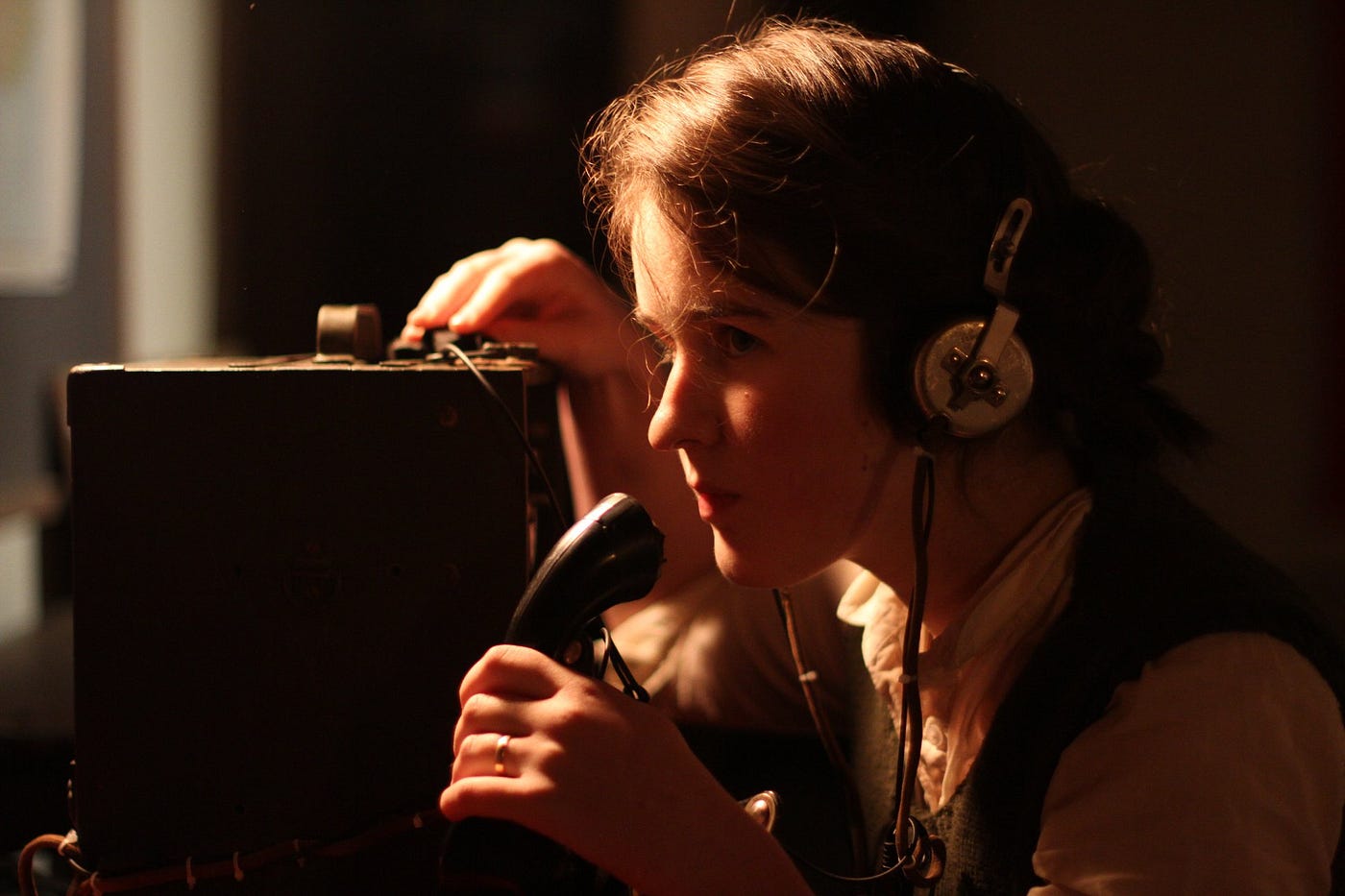
NP: When designing — regarding your approach to presence, agency, safety, and consent — how do you cue the audience as to what’s expected of them and the nature of the content they might encounter?
OK: We try to start doing that from the very first moment people hear about a show. It’s important people know what they are getting in to, and what they are not getting into.
In an effort to make a show seem attractive, I’ve seen companies advertise in a misleading manner from time to time, and it nearly always ends with problems.
It’s important to set people’s expectations correctly and that starts from the first moment they encounter your show. In the actual show itself, “The Induction” is what we call the section of the show where the audience learns how to interact and get the most out of it. For a Parabolic show, this can last a while. We try to do it as elegantly as possible and keep things in world, but if there is a serious safety concern then that nearly always requires an up-front, out of world briefing.
In both our For King and Country shows the induction takes a pretty long time, but for the audience you wouldn’t necessarily know that it was going on as it’s entertaining and it all feels like part of the performance. We ease people into the world of the show gently and help them find their feet, and before they know it they are issuing orders to the military, running the country and taking the fight to the Nazis.
NP: What works — be they creative works, books, or other inspirations — have shaped your current work?
OK: Punchdrunk have been a huge inspiration to us, although our work is pretty different to theirs. The interactive nature of our work means we also draw a lot of inspiration from video games. The tone of the Bioshock series informed a lot of our early work, and we love a good conspiracy. I’m a big believer in strong narrative structure, so film structure theorists like Robert McKee and Blake Snyder have strongly influenced how we design the structure of our shows. I’ve also found a lot of personal inspiration in past theatrical practitioners and theorists.
Parabolic’s work often has a political slant to it, and this has come from a desire to realise Brecht’s ambition of making theatre as visceral and engaging as a boxing match. Brecht wanted his audience to be politically engaged and motivated by what they saw on stage.
By making the audience complicit in the political actions within a show, and by giving people the ability to affect the outcome of a story, we often find ourselves realising Brecht’s ambition of the suspense, drama and involvement of a boxing match.
Antonin Artaud is another inspirational theatre theorist for us. While Artaud was very clear about the effect he wanted his work to have on an audience, he never really made that happen himself. However, the effect that immersive theatre can have on an audience is very similar to what Artaud describes — we’ve seen it in Punchdrunk’s work, and the work of many other companies including our own.
For King and Country: D-Day is currently in previews at the COLAB Factory in London; tickets are £39. The show runs through December 9.
View all of our Immersive 5 Interviews.
Brought to you in part by The Johnny Carson Center for Emerging Media Arts, who are seeking faculty candidates.
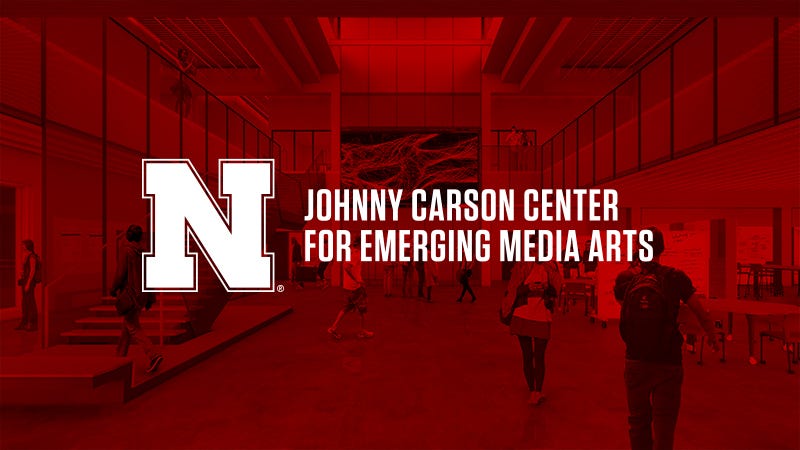
No Proscenium is a labor of love made possible by our generous Patreon backers: join them today!
In addition to the No Proscenium web site, our podcast, and our newsletters, you can find NoPro on Twitter, Facebook, YouTube, Instagram, in our Facebook community Everything Immersive, and on our Slack forum.


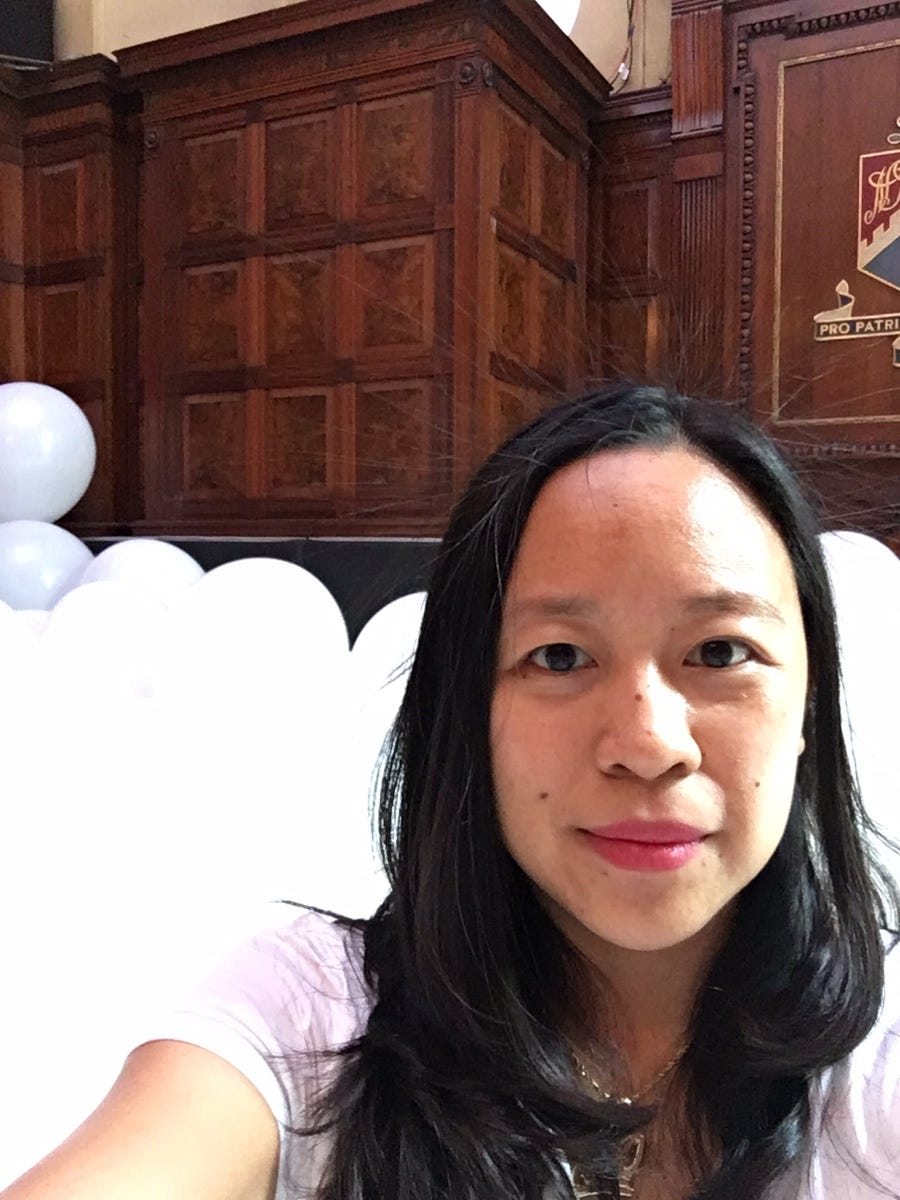
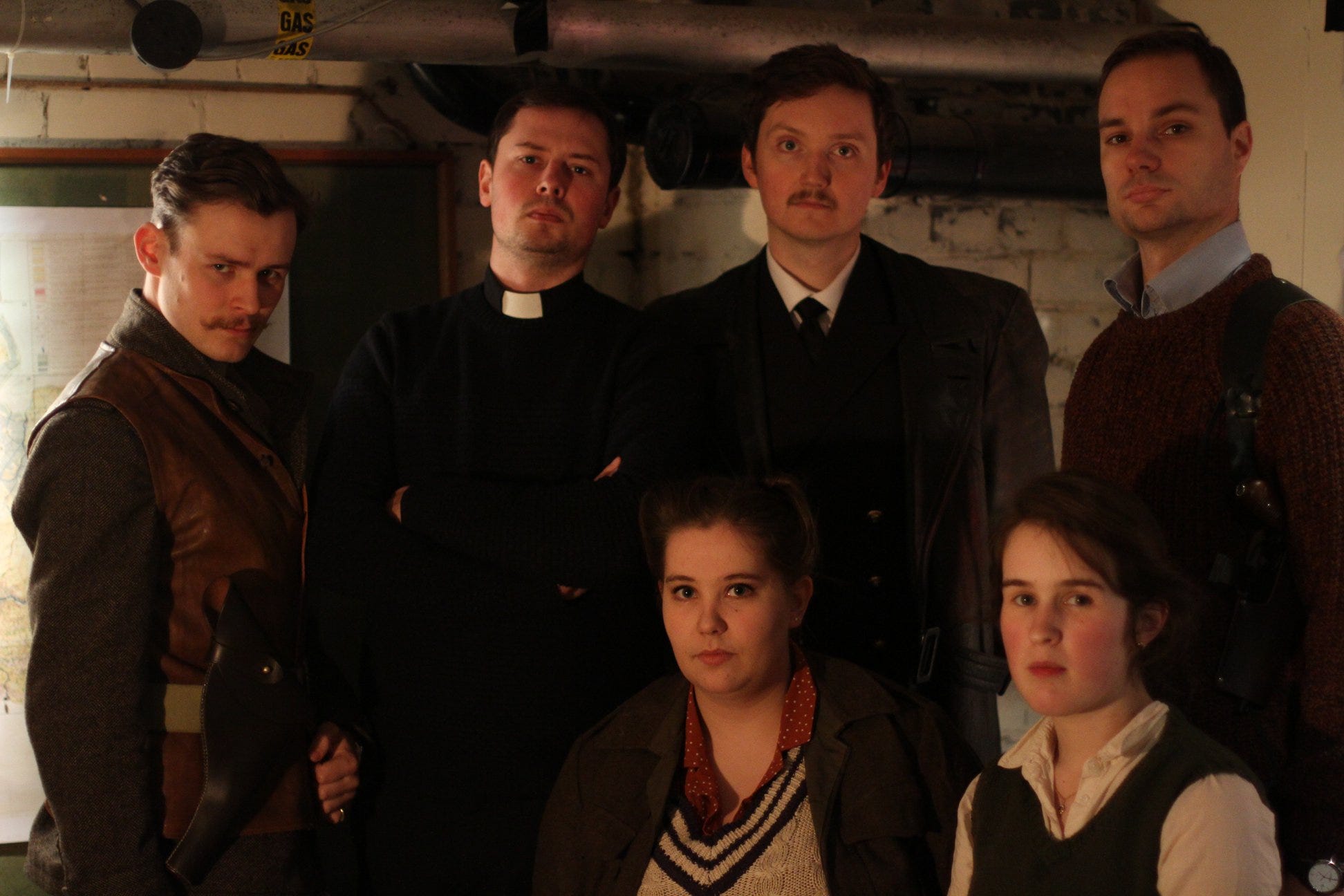





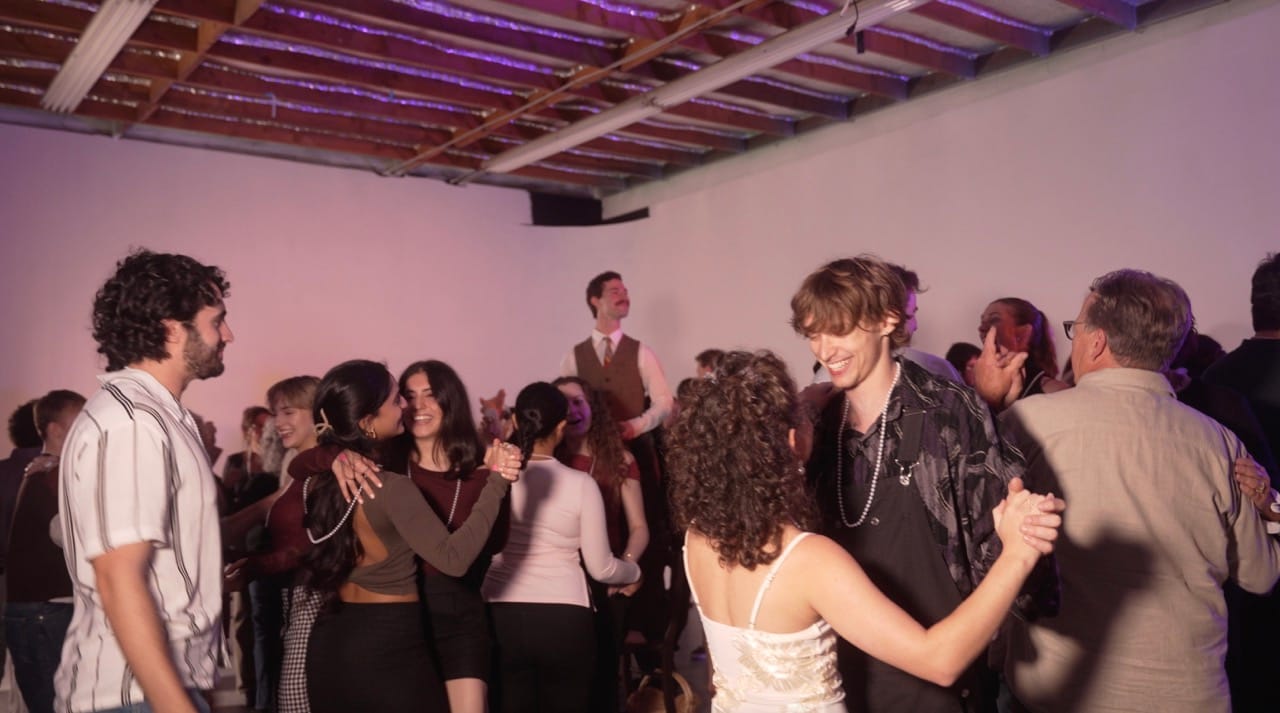
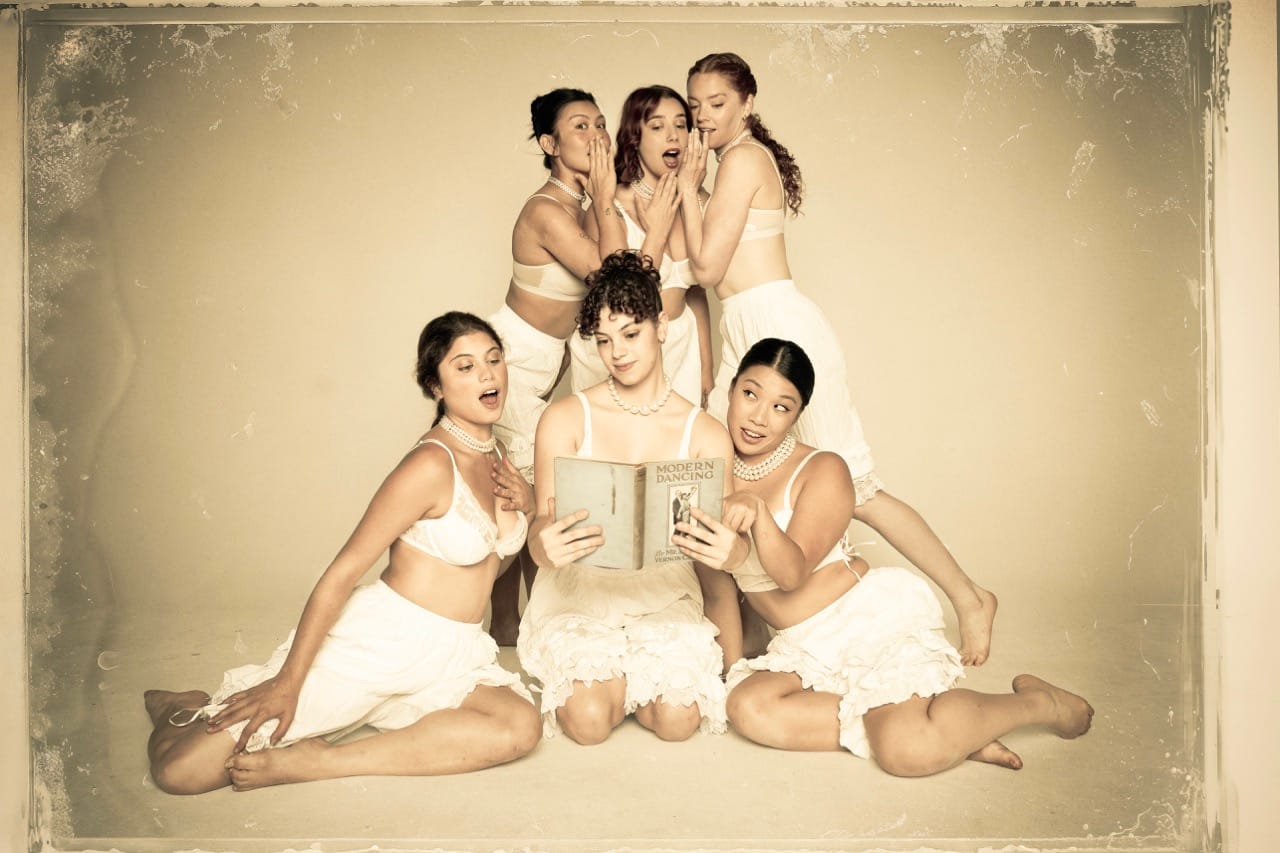

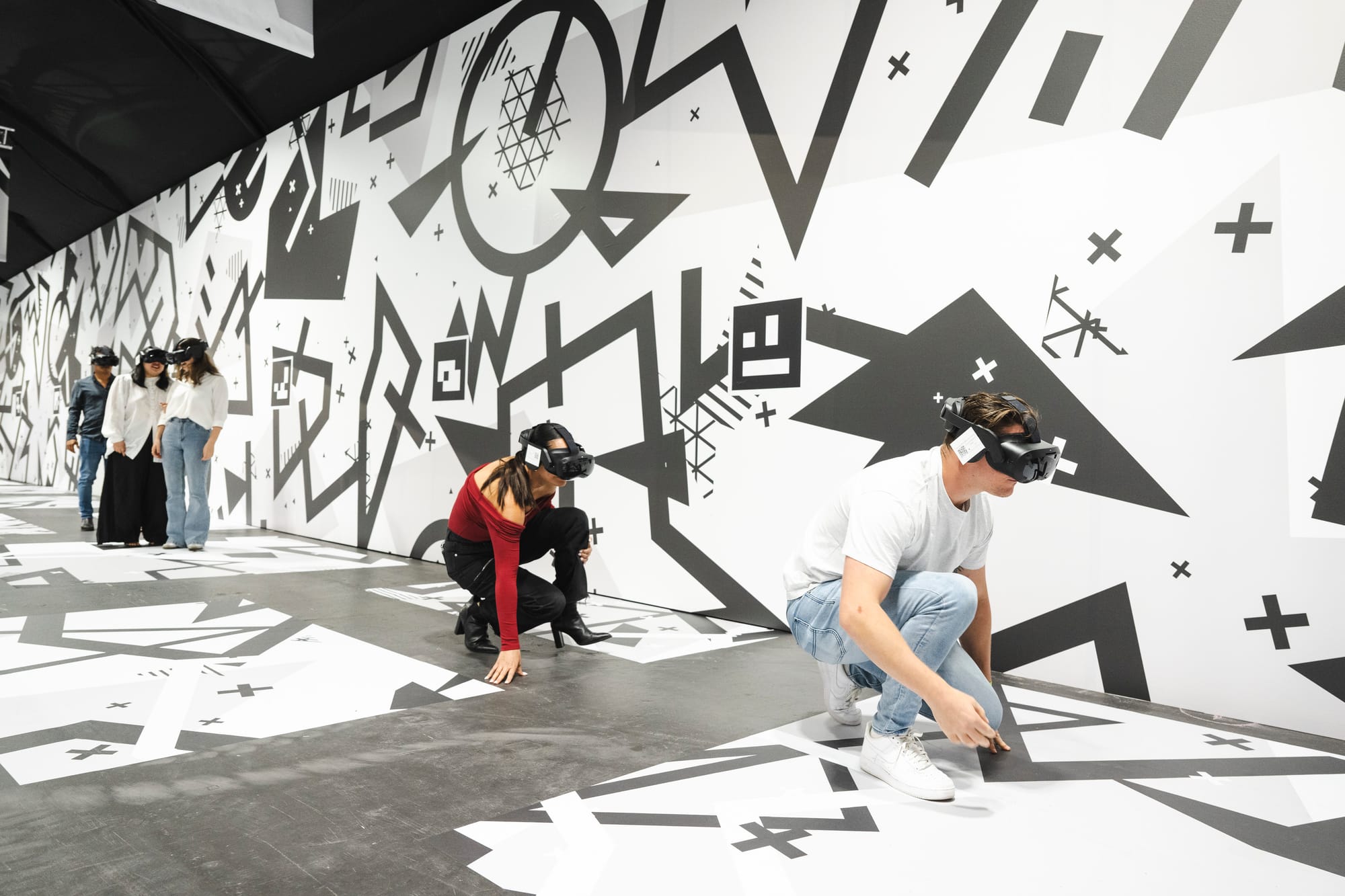
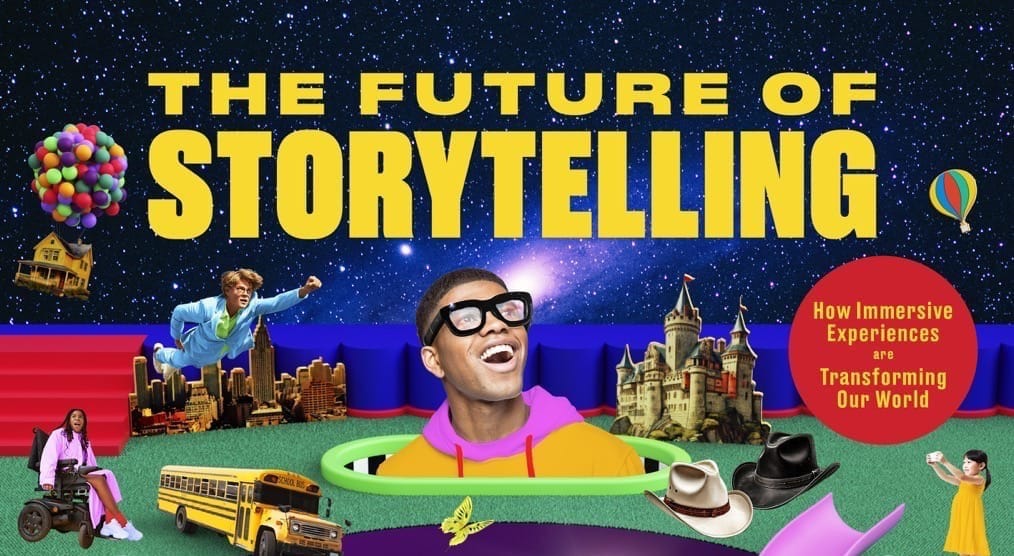


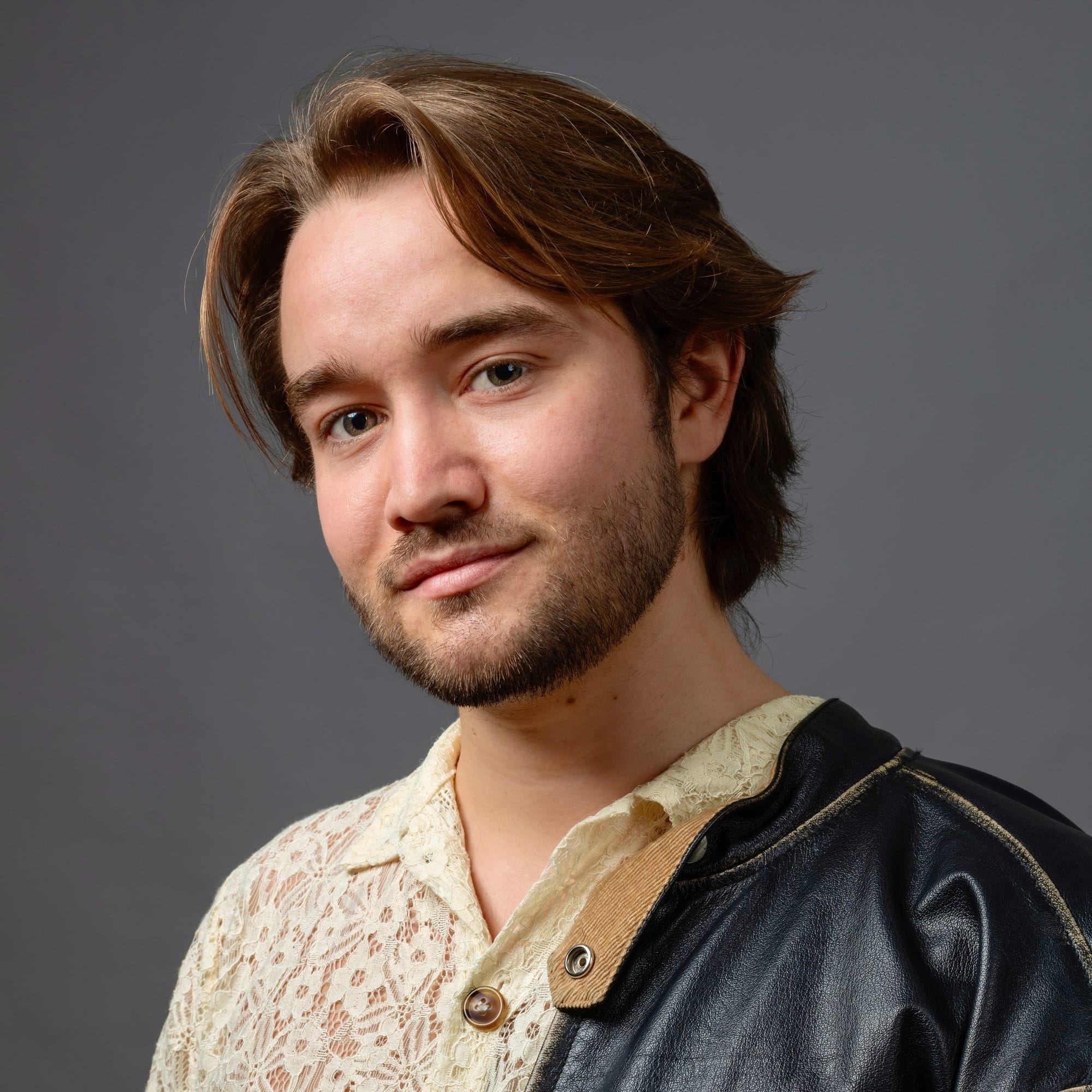
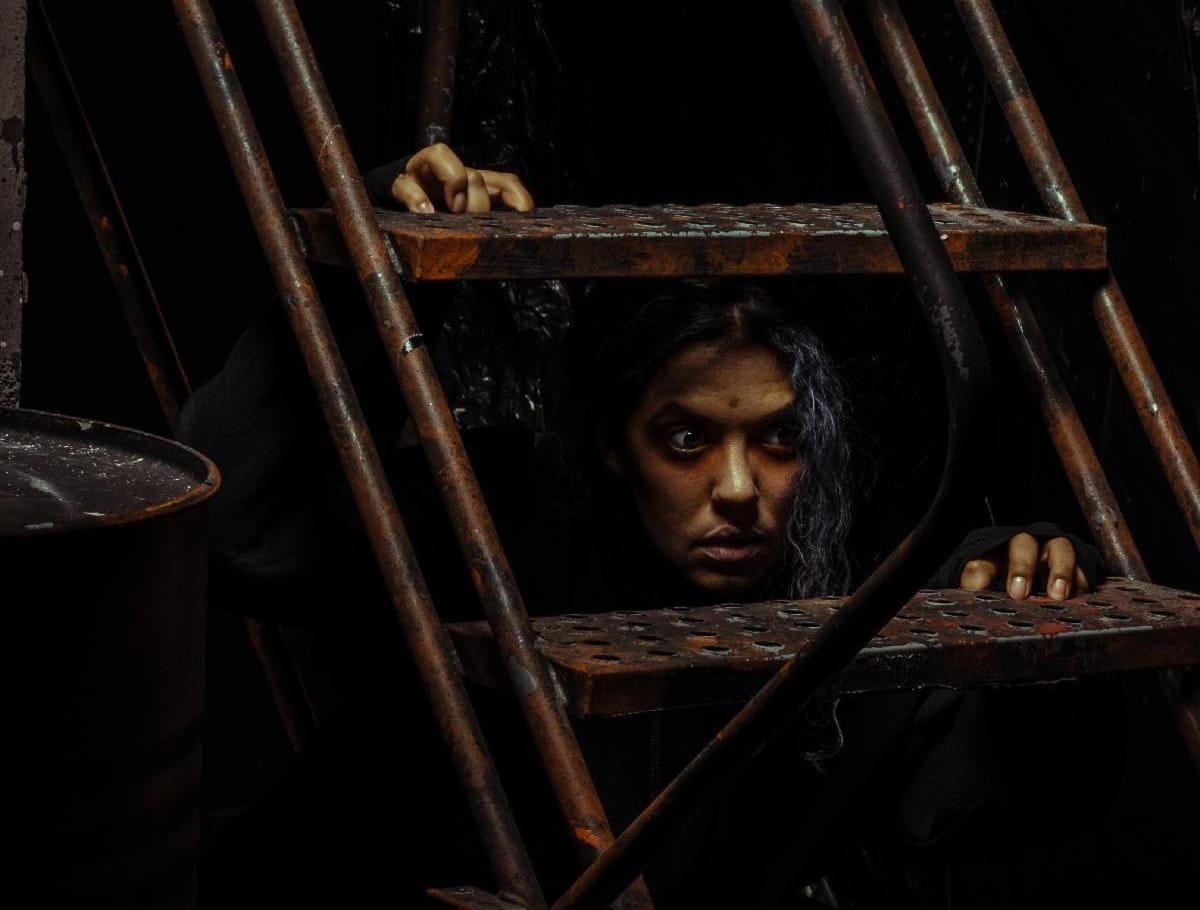
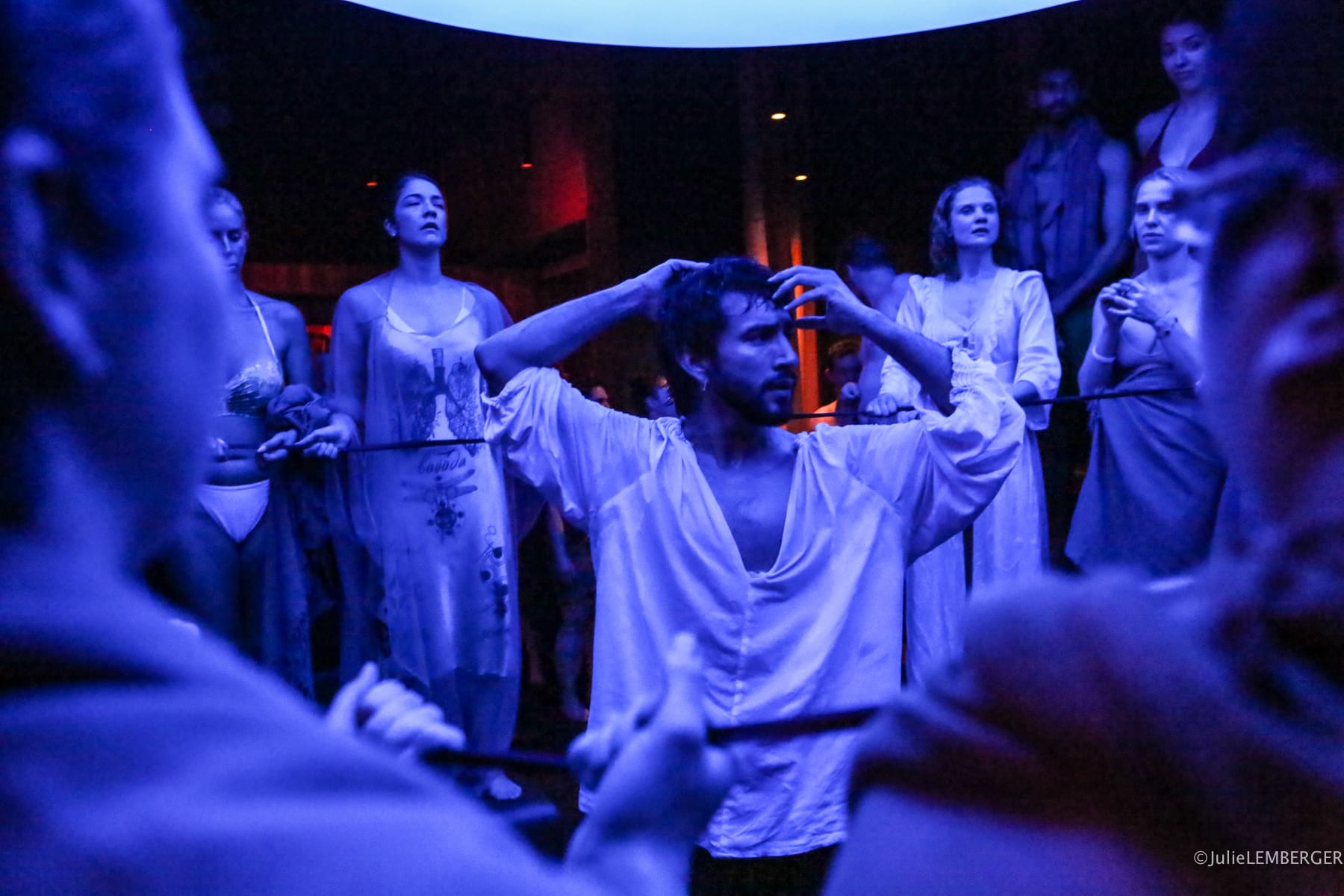
Discussion